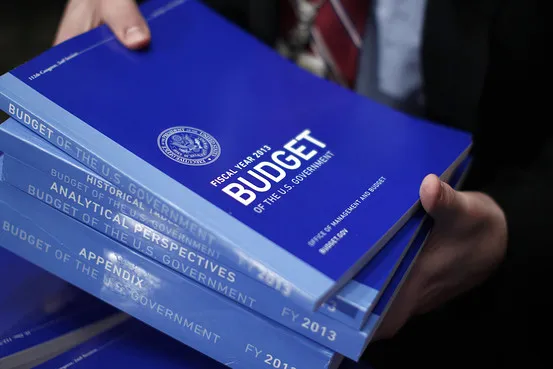Table of Contents
Simply, these two stories capture the essence of the cosmic struggle in which humanity is engaged.
Indeed, the fate of our kind rests on the conclusion of this inexorable clash: on one side, a lanky, cocky Jamaican track star, and on the other, the rotund population of the Lone Star State. The grave question now facing our species is the following: Will man sprint or waddle into the future? Will our kind be led into the future by the swift or the stout? The brisk or the broad? The fat or the fleet-footed?
In an earlier age, this showdown would have been decided by basic Darwinian principals, and the conclusion would have been simple to predict. The speedy Bolt and those of his ilk would have more consistently evaded capture by predators, while their more beefy human counterparts would have most often ended up as lunch.
But in the here and now, this age of hot dog eating contests and deep-fried twinkies, natural selection has much less to say. So where to look for great analysis on the fate of humanity? Stanford, of course.
Yet there appears to be no limit to the amount that humans can consume or can spend on their health care in response to their consumption. Stanford professor Jay Bhattarcharya sees no end to the skyrocketing health care expenditures directly related to obesity “unless there is some vast improvement in the efficiency of the health care system.”
Score one for corpulence.
(Professor Bhattarcharya has done a significant amount of fascinating research on the economics of obesity. Click here for an article of his written for Hoover Digest and here for commentary from *The Wall Street Journal *on his latest research paper.)






